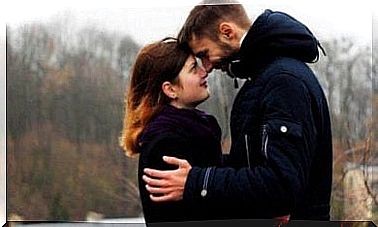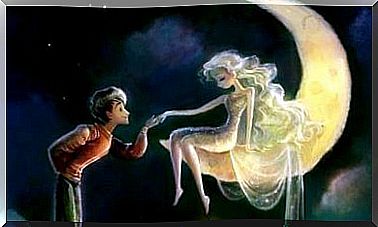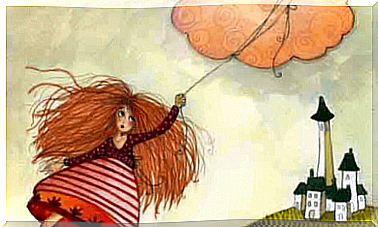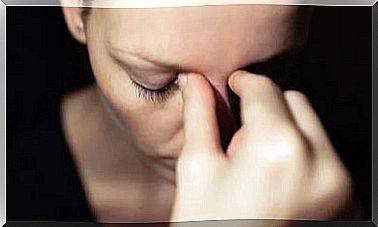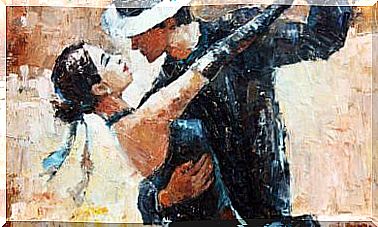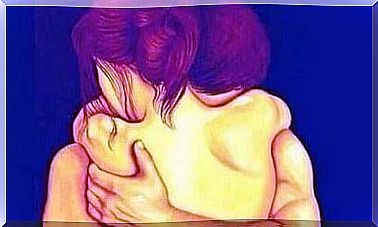After The Verdict: Monsters That Actually Exist
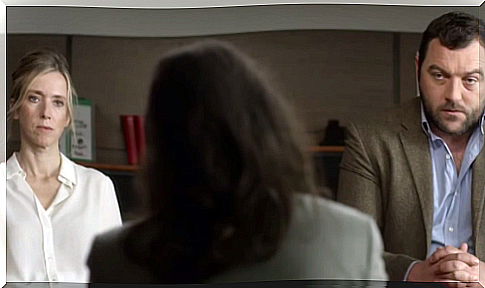
After the judgment is a drama about chauvinistic violence and also the first work of the director Xavier Legrand. It was named Best Film at the 44th edition of the César Awards for French Cinema on February 22, 2019. And that’s not surprising. For me at least , this film came over my head like cold water without warning, putting me in a reality that I was previously unaware of, but which is far-reaching.
The director puts us as spectators at the table where the details of joint custody are decided … and we cannot get up from it until the end. We see monsters exist and sometimes live in families, not in dark, isolated corners. And that such monsters can be very close to us.
After the judgment and the monsters
The story is first told to us by the judge who handles the divorce case and custody of the children. It is difficult to get a complete picture of the case, although some of the most notable elements are evident, such as the violence the father used against the mother.
From there, the picture becomes increasingly diffuse and the judiciary seems to deteriorate. There should be no doubt about such important crossroads as whether or not it is expedient to force a child to spend time with their mother’s abuser, Miriam.
Miriam’s lawyer describes a particularly possessive and violent man. Antoine’s lawyer denies this; he argues that it is not normal for Miriam to want to prevent Antoine from showing his love for the children.
A minor’s voice is heard in the room. He talks about the time with his father. Meanwhile, the judge stares at both parents, trying to discover an anomaly or gesture that might guide his judgment, and doubts his own decision.
It is difficult for the mother’s lawyer to find clear evidence of the father’s true character. If there is one thing that distinguishes a violent criminal, it is his ability to adapt his behavior to his interests according to the situation. The veil over the true personality of the protagonists is only lifted late in the film.
After the judge’s decision on the establishment of joint custody, we already suspect that there will be a disaster. An excruciatingly slow explosion of violence, oppression and unrest runs across the screen and is masterfully embodied by Thomas Gioria, who plays Julien, the youngest member of the family.
From the cold court ruling to the hell of joint custody
From the moment Antoine (Denis Ménochet) takes over custody of the child, there is a climate of latent tension: a close-up of the face of a frightened child; a dialogue without words that makes us feel cold and suffocates
The child’s gaze and facial expressions tell the story of what was lived, what was felt. The lack of music makes everyday noises sound like threats, especially the key in the door lock, that sound that triggers fear for many abused women and children.
We find that this is not a case of “parental alienation,” a diagnosis on a dubious scientific basis. The narcissistic, perverted Antoine knows how to portray himself as a misunderstood being and that he could almost be a victim, a victim that his family loves.
After the verdict revealed that there are monsters
Nobody in the family believes in this alleged role. You all know that what he has done is not an expression of heartfelt regret, but rather another attempt at control that he seeks to regain. The main strength of the film lies in the way in which director Xavierd Legrand conveys this mixture of fear and hope.
We feel the tension as the father’s frustrations peak , the frustrations about his wife Miriam (Léa Drucker), who lives in hiding and lies to him in order to avoid any kind of aggression. The father’s strategy of approaching her by intimidating the youngest son seems to have failed. And we as viewers already know that frustration is a component that has to be taken into account as an indicator of anger and violence.
Then we hear the doorbell again, an everyday noise that takes our breath away here and now. It leads us back to the cold room where custody has been agreed. We don’t know the exact route of abuse in this case, but we sense that there have been too many abrupt drop-outs with no solutions.
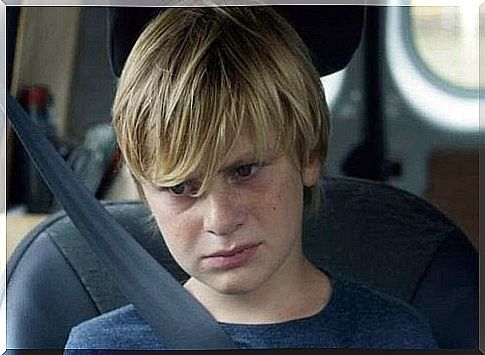
Social responsibility
The course of history anticipates the catastrophe. It just deserves to be called devastating. The protagonist clings to the possibility that the sound of the “intercom” may stop. She knows he’s down, she knows he’s going to ring the doorbell for a long time.
But Antoine isn’t ready to stop this time. The final scene of this film is terrifying with no need for special effects or grim makeup. The protagonist no longer looks like a human, but like an animal blinded by pride and vengeance.
The scene is so real that we can feel it in our hearts how our compassion for this mother and her child hurts. We are the neighbor warning of what is going to happen, this cop who answers that call and tries to help.
We realize that there are monsters and that they live in families, not in dark and isolated corners. These monsters can have our last name, and that weighs even more heavily. Nor can they be combated with cognitive behavioral therapies. These monsters can only be defeated with the power of education, the sword of empathy under the shield of solidarity, behind the bars of justice, if we all take part in the fight.

